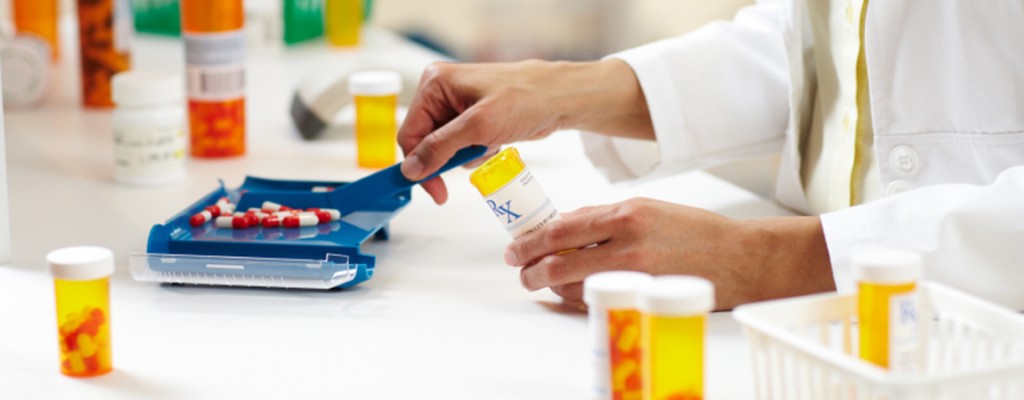
So You Want to Be a Pharmacist?
Pharmacists dispense prescription medications to patients and offer expertise in the safe use of prescriptions. They also may conduct health and wellness screenings, provide immunizations, oversee the medications given to patients, and provide advice on healthy lifestyles. The demand for trained pharmacy professionals has increased in recent years due to the rapid growth of the healthcare and pharmaceutical industries, especially for the growing elderly population.
Prospective pharmacists are required to have a Doctor of Pharmacy (Pharm.D.) degree. This postgraduate professional degree program requires at least 2-years of specific pre-professional (undergraduate) coursework followed by 4-academic years of professional study. The majority of students enter a pharmacy program with 3 or more years of college experience.
Pharmacists are licensed in all states. Upon completion of a Pharm.D. program, prospective pharmacists must pass two exams to get a license: the North American Pharmacist Licensure Exam (NAPLEX) tests pharmacy skills and knowledge, the Multistate Pharmacy Jurisprudence Exam (MPJE) or a state-specific test on pharmacy law is also required. Applicants also must complete a number of hours as an intern, which varies by state. Additionally, pharmacists who administer vaccinations and immunizations need to be certified in most states. States typically use the American Pharmacists Association’s Pharmacy-Based Immunization Delivery program as a qualification for certification.
According to the Bureau of Labor Statistics, employment of pharmacists is expected to grow 3% from 2014-2024. While pharmacists are in demand to provide prescription medicines to the aging baby boomers, those with chronic conditions, and the increasing number of individuals with access to health insurance, the increasing popularity and convenience of mail order and online prescriptions has led to slower growth in this profession.
If you’re still unsure, check out the American Association of Colleges of Pharmacy’s (AACP) top 10 reasons to become a pharmacist.
* Adopted from literature of the AACP and the Bureau of Labor Statistics


